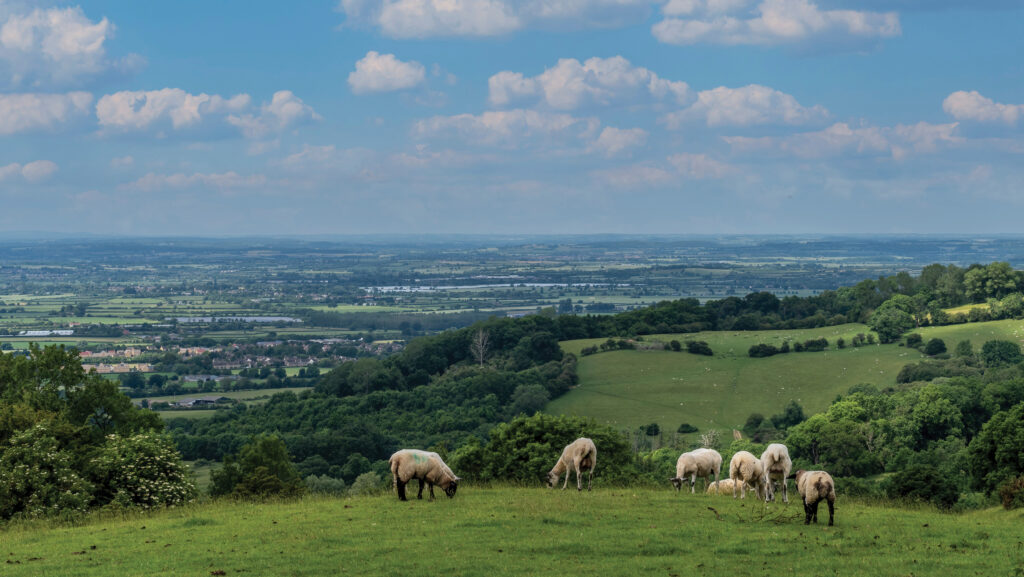Welsh government issues update on SFS progress
 © Adobe Stock
© Adobe Stock The Welsh government has provided an update on progress towards a new farm support scheme for farmers, including ongoing discussions with stakeholders to find an alternative the plans for 10% tree cover on all farms.
The update from Huw Irranca-Davies, deputy first minister and cabinet secretary for climate change and rural affairs, reflects the ongoing collaborative work to refine the Sustainable Farming Scheme (SFS), which is set to be introduced in 2026.
Since the summer recess, officials and stakeholder groups, including the Carbon Sequestration Panel, have been engaged in intensive consultations to review the scheme’s design, especially the Universal Actions and scheme rules.
See also: Minister reveals more details on Welsh SFS transition
These groups, which have met 19 times, are actively addressing feedback from recent consultations.
Welsh government proposals to introduce a minimum 10% tree cover requirement on all farms have proven to be unpopular with many farmers.
Mr Irranca-Davies said the Carbon Sequestration Panel is exploring evidence on additional and alternative actions to sequester carbon as part of the Universal Layer and will be reporting their findings to the ministerial roundtable.
The SFS process remains grounded in a comprehensive “whole farm” approach that aims to support the resilience of all farmers through a Universal Baseline Payment.
This will be supplemented by optional actions for those who wish to undertake additional environmental, economic, and social initiatives.
Key developments include a revised payment proposal for sites of special scientific interest (SSSI) within the Universal Baseline Payment, demonstrating how collaborative efforts have led to productive outcomes.
There is also a clear focus on the continuing development of payment methodologies, optional actions, and the control framework for the scheme.
NFU Cymru ‘asks’
Speaking at NFU Cymru’s recent Sustainable Farming Conference, president Aled Jones spoke about the importance of the SFS and the need for universal access for all farmers, highlighting concerns related to common land and tenant farmers.
He also reinforced the need for financial stability and inflation-adjusted funding for farmers, stressing the need to ensure that the new scheme offers the same level of economic stability as the Basic Payment Scheme.
The partnership between Welsh government and stakeholders, including NFU Cymru, the Farmers’ Union of Wales and others, aims to shape the SFS into a comprehensive framework that considers both the environmental and social value of farming, as outlined in the Agriculture (Wales) Act.
These discussions are central to the development of a scheme that supports Welsh farmers from 2026 onwards, ensuring their continued contributions to Wales’ economy, culture, and environment.
